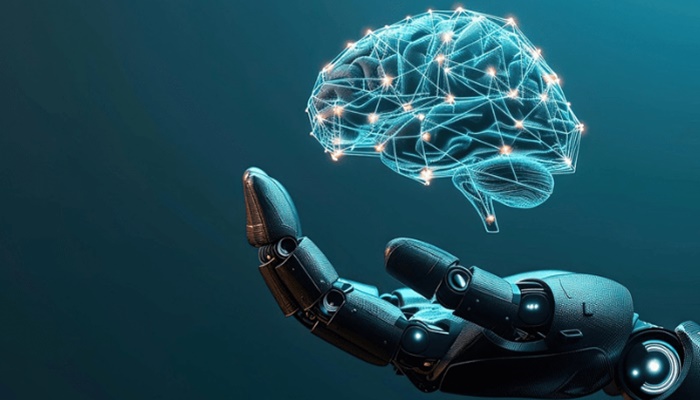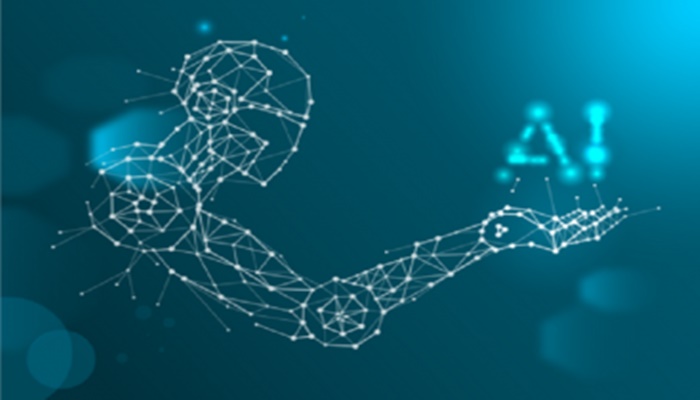Marketing agencies operate in constant flux, driven by tight deadlines, evolving client expectations, complex workflows, and shifting industry trends. Teams are stretched across multiple functions, from strategy and execution to reporting and optimisation, making it difficult to maintain productivity, creativity, and seamless client delivery. As operational demands grow, so does the challenge of balancing efficiency with excellence.
In today’s fast-moving digital landscape, where consumer attention is fleeting, personalisation, instant service, and seamless experiences are essential. Meanwhile, platforms continuously update features, algorithms, and ad formats, making it harder for marketers to stay aligned. Clients now expect faster turnarounds and competitive ROI, pressuring agencies to deliver quality and quantity at an accelerated pace.
Managing workflows while maintaining creativity has become a significant challenge. As an industry, it is important to understand that the solution is not hiring a better workforce but building smarter systems. Systems that work with humans to increase their efficiency and performance.
Artificial intelligence is often perceived as a tool that will disrupt human functions or take over their current roles. However, what agencies truly need is ‘assisted intelligence’. Assisted intelligence should be leveraged for use cases of automating repetitive work, trend analysis of large data sets for actionable insights and easing access to information that will lead to freeing up employees’ time for quick actions and creative thinking.
Rethinking Workflows: How Assisted Intelligence Enhances Efficiency
Agencies’ workflows are multi-layered. Every campaign has many repetitive tasks, such as weekly/monthly performance reports, campaign data compilation, A/B test analysis, audience segmentation, etc. While necessary, these tasks consume significant human bandwidth, limiting time for higher-value work.
Assisted Intelligence is built for such processes. These tools automate repetitive tasks efficiently and accurately, ensuring fatigue-free execution. AI can streamline reporting, data aggregation, and even aspects of media planning.
However, AI’s role goes beyond automation. It provides intelligent insights based on real-time data, enhancing decision-making. For example, a media manager optimising multiple campaigns can receive AI-generated performance snapshots, best-performing creative highlights, and spend reallocation suggestions. The result? Smarter decisions, increased efficiency, and a greater impact.
Beyond faster outputs, assisted intelligence creates space for teams to think bigger, solve problems more effectively, and lead with confidence.
Rethinking AI Adoption: A Strategic Partner, Not A Disruptor
A common concern about AI adoption is, “Will it replace jobs?”
In the agency world, where work is highly creative and dynamic, this fear is understandable. However, many agency roles involve repetitive tasks that consume weeks of effort. Assisted Intelligence excels in these areas, handling data organisation, pattern recognition, and optimisation suggestions. This allows teams to focus on creative and strategic decision-making. This isn’t just about upgrading technology; it’s a leadership-driven strategic decision. Agencies that embrace AI while preserving human brilliance will lead the industry forward.
Adopting AI requires a mindset and cultural shift. When viewed as a collaborator rather than a threat, AI transforms agency culture. The focus moves beyond deliverables to business impact. This isn’t just about upgrading technology; it’s a leadership-driven strategic decision. Agencies that embrace AI while preserving human brilliance will lead the industry forward.
Future-Proofing Agencies With AI: Real Progress Is Human-led, AI-supported
In today’s dynamic market, agencies must strike the right balance between agility and scalability.
Future-ready agencies operate with long-term thinking, flexible workflows, real-time insights, and data-driven decision-making.
Assisted intelligence will be the cornerstone of this evolution. When integrated strategically, it enhances agency operations and service delivery. As marketing scales at an unprecedented pace, manual processes fall behind. Assisted Intelligence introduces stability, streamlining data-driven decisions and optimising workflows.
Another key benefit is predictability. AI can forecast campaign performance by analysing market trends and sentiment, enabling real-time adjustments. Moreover, integrating AI internally helps employees upskill and reskill, boosting their confidence and giving them a competitive edge in an evolving industry. By facilitating continuous learning, agencies cultivate a workforce that is adaptable, innovative, and future-ready.
Leadership must champion AI adoption by fostering an environment where employees feel empowered rather than replaced. Investing in AI literacy and training ensures teams leverage AI to enhance their expertise, not replace their roles. This fosters higher employee retention, leadership trust, and a stronger work culture.
Future-proofing isn’t just about navigating market shifts; it’s about leading industry transformation. Agencies that embed assisted intelligence into their ecosystem don’t just respond to change; they shape the norms.
The real edge in the agency world lies in intelligent, informed systems that empower talent to thrive.
Agencies have long relied on creativity, strategic thinking, and human instinct as their unique strengths. However, as workflows grow more complex and time constraints intensify, even the best teams struggle to keep pace.
In today’s competitive landscape, adopting AI is not optional; it is essential to delivering client value. Sustainable growth lies in the synergy of human creativity and data-driven intelligence. Agencies that recognise this shift today will be the industry leaders of tomorrow.




















